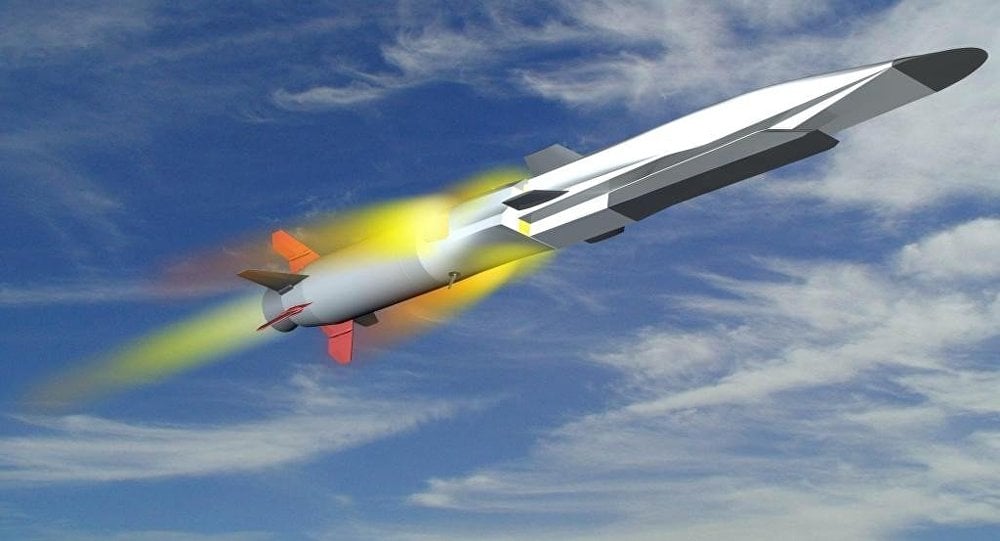
The nominee for the Pentagon’s first research and engineering chief warned a Senate panel that China and Russia risk outpacing the U.S. in key technology areas like artificial intelligence and hypersonic.
Former defense executive, DARPA program manager and NASA associate administrator Lisa Porter told the Senate Armed Services Committee said platforms like U.S. aircraft carriers would be at risk from a weapon moving five times the speed of sound and “you can’t see it, you can’t take it down.”
Using space as another example of new challenges, Porter said, “I believe Russia and China hold our assets [satellites] at risk” and they see “it as a domain where they need to take away our advantage.”
The Chinese have a head start in hypersonic development and are making large investments in artificial intelligence but the U.S. can catch up in advanced technologies if the United States coordinates its public, academic and private efforts in these areas. “The ingredients are here … to solve the problem” of integration.
“We have to reset the culture at the Pentagon” to allow for failure, learn from it and move on, she said. To Silicon Valley entrepreneurs, “risk aversion is anathema,” but that is the practice in the Defense Department.
With that in mind, she said she was a strong proponent of rapid prototyping to move projects across the so-called “Valley of Death” where technologies never move from research and development to production.
Right now, the Pentagon “is too big, too slow” when it comes to buying and fielding needed technologies. “Flexibility is necessary.”
Congress in an effort to speed technologies into the field approved separating acquisition from engineering and science in the Pentagon over the objections of then-Defense Secretary Ash Carter.
Porter said she realized the split was not done easily. “I am going to build that bridge” to keep a strong relationship in place between the developers and the buyers. The idea is foster a “culture of experimentation and warfighter engagement.”
At the same time, Porter said she was very aware of “the tyranny of the immediate” overriding long-term future investments in research. “We need to protect DARPA so it can take on the really hard things.”
Likewise, on missile defense, James Anderson, nominated to be the assistant secretary of defense for strategy, plans and capabilities, there “needs to be a clear sense of urgency when we consider rogue threats” from nations like Iran and North Korea.
The requirement must not be solely to “stay abreast, but stay ahead of them” as they expand their missile programs, said the current vice president of academic affairs at Marine Corps University and past director of Middle East policy at the Pentagon’s Office of the Secretary of Defense.
He told the panel future unmanned systems could “have anti-missile capabilities [that work] in the boost phase, the Holy Grail of missile defense.”
Anderson said he would be paying close attention to cost ratios “to make sure our interceptors are not costing more than the missiles” they are targeting.
On China’s reclaiming coral reefs as islands and militarizing them, he said we need to reassure allies in the Pacific “we intend to honor those commitments.”
Both nominees are expected to be confirmed.





